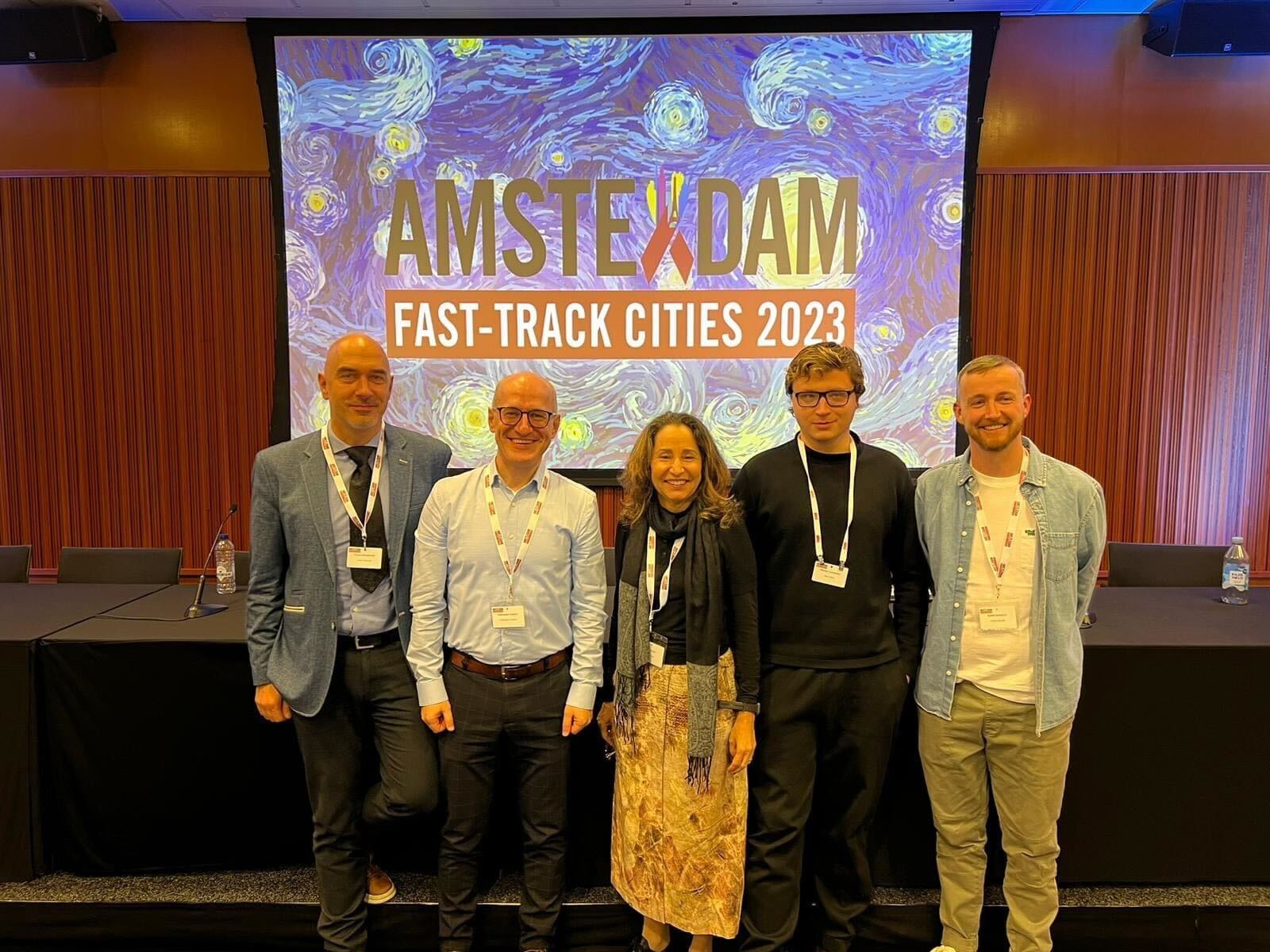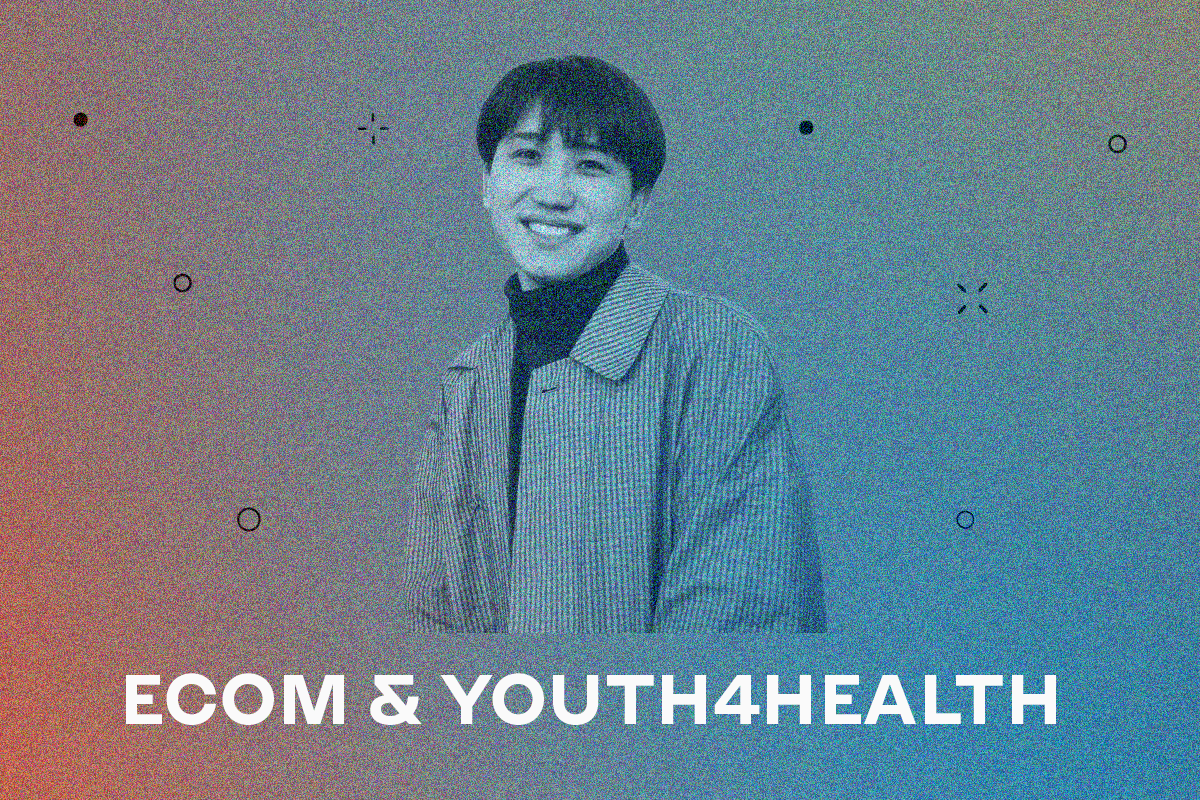We want to present the results of our analysis of the legislative framework of the Kyrgyz Republic for 2022. Every year, ECOM conducts an analysis of national legislation related to SOGI and HIV in the countries of the EECA region.
The analysis of Kyrgyzstan’s legal practice includes both judicial practice and government statistics, as well as activists’ reports, information and statistics of human rights organizations, press reports and reports of non-governmental organizations to international bodies.
The aim of the analysis is to identify legal barriers and identify problems in those areas where the necessary legislation already exists, but it does not fully ensure the realization of the rights and freedoms for LGBT people.
The analysis was carried out according to the methodology developed by ECOM experts. And our local partners in Kyrgyzstan completed the corresponding questionnaire.
In 2021, the updated Constitution of the Kyrgyz Republic came into force, which radically changed the form of government – established unlimited powers of the president, reduced the status and powers of the Parliament to a minimum, transferred executive power to the full control of the president, and strengthened the president’s control over the judiciary. According to human rights organizations, the updated Constitution lacks a system of checks and balances between the branches of government.
How these changes and other laws affect the rights of LGBT people:
- The Constitution of the Kyrgyz Republic prohibits discrimination, as do a number of other laws. However, there is no separate anti-discrimination law in the country that would define discrimination, its forms and the mechanism for restoring rights in the event of its manifestation, and there is also no mention of the prohibition of discrimination on the grounds of SOGI (sexual orientation and gender identity).
- In 2021, amendments to the laws “On non-profit organizations” and “On state registration of legal entities” were adopted. The country’s human rights movement condemned the amendments and called them onerous and discriminatory, aimed at narrowing civic space. The amendments oblige non-profit organizations (NPOs) to disclose information about their work, including accounting documents, property and accounts of the organization, personal data of employees. These amendments pose a threat of human rights defenders’ persecution. Information about employees of LGBT organizations can be used to commit hate crimes due to the high level of homophobia and transphobia in the country.
- In 2020, the law “On acts of civil status” was amended, and the provision giving trans people the right to change their gender marker in the registry offices was excluded. Trans people are forced to apply to the court in order to make changes in the document. ECOM partners register cases of refusal to change documents for trans people.
- The legislation of Kyrgyzstan does not contain definitions of hate crimes and hate speech. Therefore, such crimes against LGBT people are often considered as hooliganism or any other crime, without mentioning SOGI as the main motive for committing the crime.
- The constitutional right to freedom of peaceful assembly is regulated by the law “On peaceful assemblies”, according to which the organizers of a peaceful assembly are not required to notify the authorities when holding a peaceful assembly, and the decision to restrict a peaceful assembly can only be taken through a court. Despite progressive legislation, in recent years the right to peaceful assembly has been narrowing, thus also restricting the rights of LGBT people. For instance, the authorities have repeatedly used COVID-19 as an excuse to ban peaceful assemblies organized by civil society.










